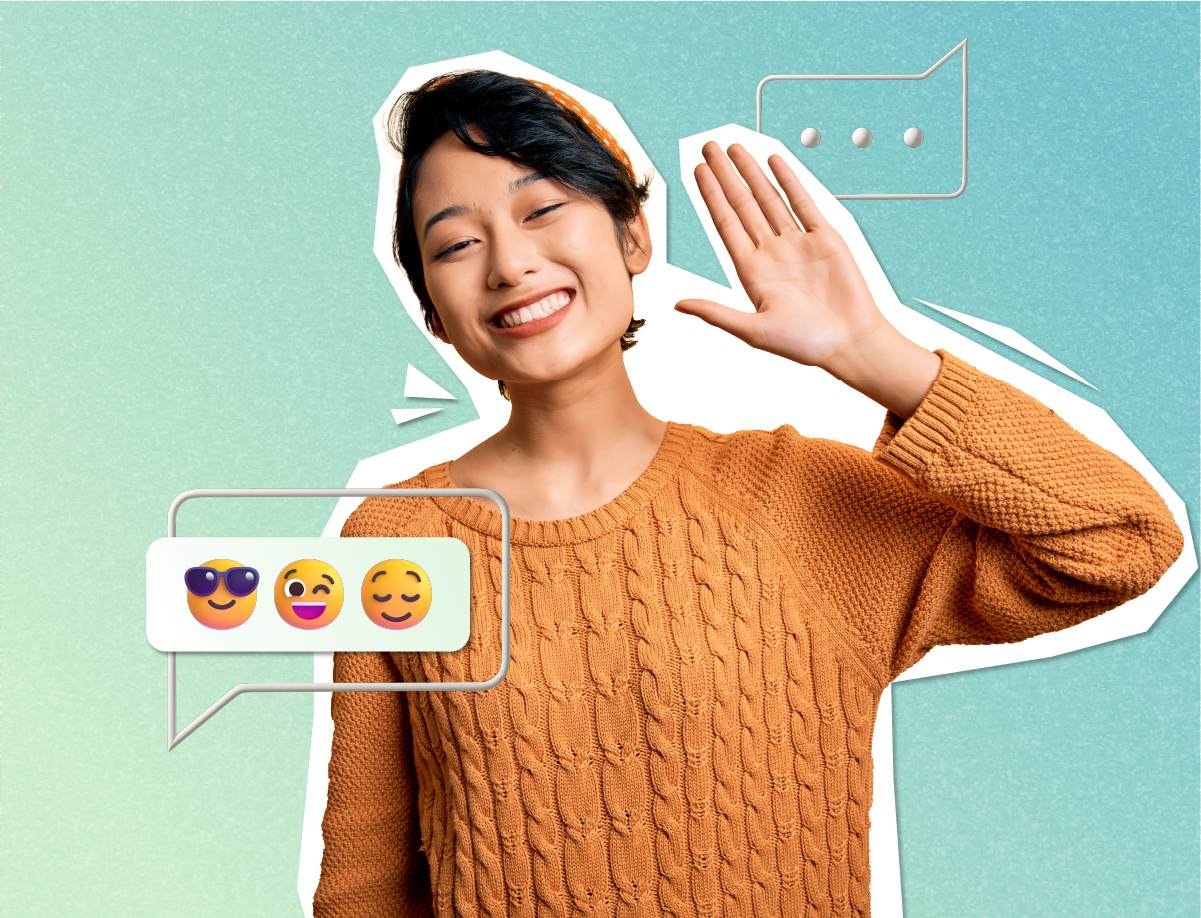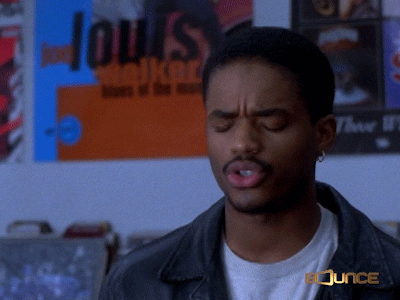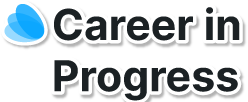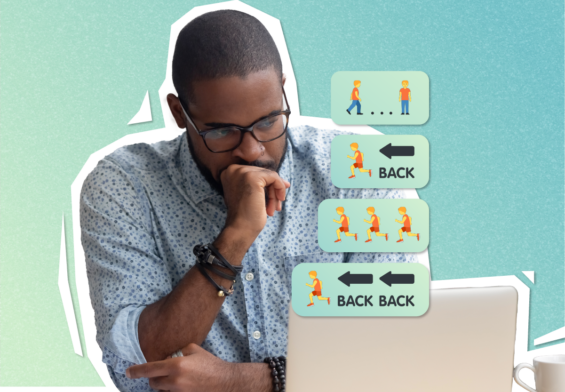
During the interview, your job is to show why you are the best possible candidate for the job, and though it might be nerve-wracking, here is how to be more confident in your following interview.
Although WFH is becoming more common, there are still times when you will have to put on your best outfit, hairdo, and face and meet your potential employer in person.
Make an excellent first impression

The interview starts as soon as you enter the lobby, so treat it that way. Stand tall and do not appear nervous; fidget with your clothes or nervously pace around.
When we get nervous, we take shallow breaths, which makes our voices shaky. Take deep breaths and try some breathing techniques to calm your nerves.
Appearing nervous is a typical red flag to interviewers, and they will undoubtedly ask the person who received you about their thoughts.
Maintain eye contact
Sit up straight, and while it may feel uncomfortable, keeping eye contact is essential, especially while the interviewer is talking.
A key giveaway of being too nervous is avoiding eye contact, looking away or down, and not looking at the interviewer, which conveys that you are not engaged in the conversation.
On the other hand, you don’t want to stay too focused on making eye contact to the point where you end up making them uncomfortable, so take natural pauses, like taking a sip of water or looking down at your resume from time to time, it’s a balancing act.
Think positive thoughts
The interviewer called you over and took time off their busy schedule to meet up with you; you deserve to be here. Make sure to use this fact to pump yourself up before that interview; allow yourself to feel a sense of pride and self-assurance.
And don’t forget to smile; it conveys that you are confident, warm, and receptive and actively reduces stress hormones.
Listen actively and don’t ramble

Active listening is an integral part of the interview process, so make sure to become a good listener in these situations.
Try mirroring the interviewer’s body language. It is a subtle way to convey a connection, face them directly, and try to match their pose, cadence, and volume.
Again it is a balancing act when it is your turn to speak; make sure you don’t do more than is needed or, even worse, something inappropriate.
To master the art of not rambling, keep your tone sincere so that even if your responses are short, they do not come off as dismissive. They will ask if the interviewer wants you to elaborate on a topic.
Good luck with your interview
It is nerve-wracking to arrive at this new place and present yourself, but challenges are simply opportunities to improve and practice. Make sure to put on your best smile and be yourself. For more helpful advice, follow our Blog and apply that knowledge at our Job Finder Tool.



2 Comments
Comments are closed.